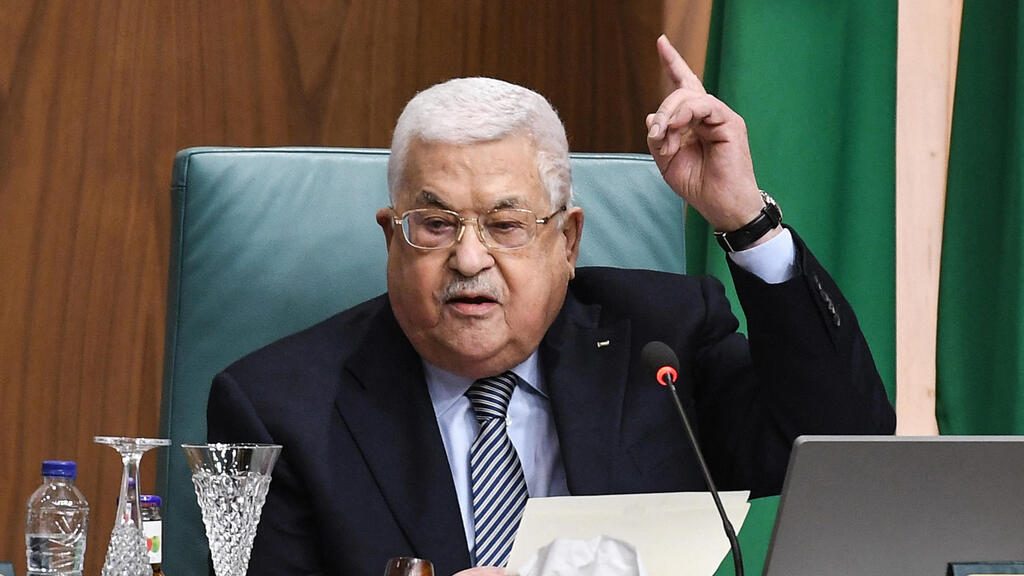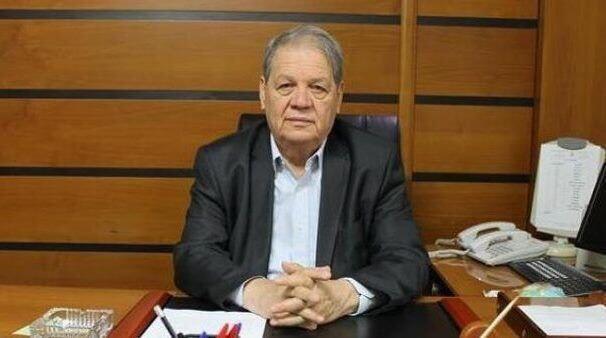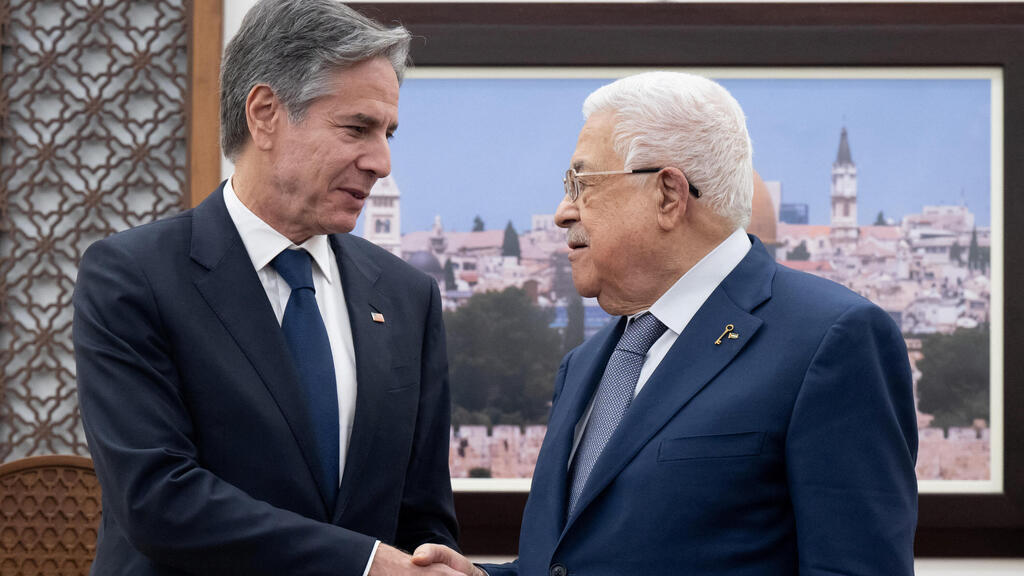Getting your Trinity Audio player ready...
Palestinian Authority (PA) Chairman Mahmoud Abbas on Wednesday named Rawhi Fattouh as his interim successor should he leave office.
Fattouh, 75, a former speaker of the Palestinian Legislative Council, would serve as president for a 90-day transitional period until elections are held, in accordance with Palestinian law.
The decision surprised many within the PA, with officials noting Abbas had not consulted senior figures, including Hussein al-Sheikh, secretary-general of the PLO Executive Committee, who is seen as a contender for the presidency. Some officials speculated the move was influenced by a U.S.-Saudi initiative to reshape the PA, potentially positioning it to take control of Gaza after the war.
"The U.S. requested Abbas appoint a deputy who could assume leadership, which he saw as an effort to sideline him," one official said. "His decision ensures he remains central to the PA’s leadership."
Three key candidates are seen as potential successors to Abbas: Mahmoud al-Aloul, known for his hardline views; Jibril Rajoub, a former security chief and sports administrator; and Mohammad Mustafa, the current prime minister focused on economic reforms.
Get the Ynetnews app on your smartphone: Google Play: https://bit.ly/4eJ37pE | Apple App Store: https://bit.ly/3ZL7iNv
While Abbas, 89, struggles with waning public support, some Palestinians view his rule as preferable to alternatives like Hamas, particularly after the October 7 Hamas attacks. However, analysts warn his eventual departure could trigger violent power struggles that might destabilize the PA.
Antony Blinken meets Mahmoud Abbas in Ramallah
(Video: Reuters)
Compounding the PA’s challenges is longstanding Israeli political instability. Abbas’s outreach to former defense minister Benny Gantz gave way to dealing with a government that imposed measures undermining the PA’s economy, including bans on Palestinian workers.
Critics argue successive Israeli governments, led by Prime Minister Benjamin Netanyahu, weakened the PA while empowering Hamas, further eroding its authority in the West Bank.








